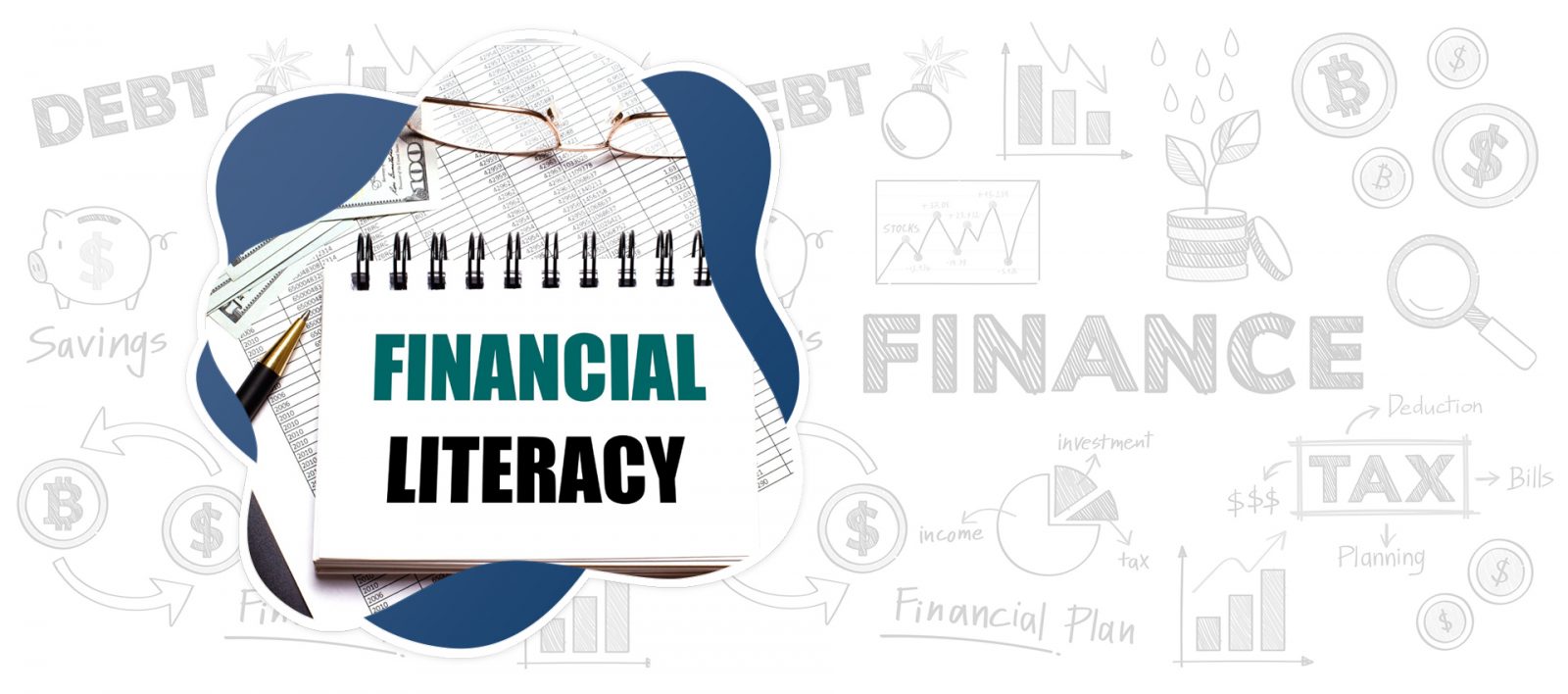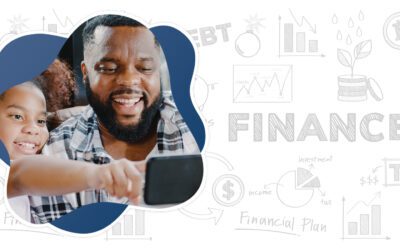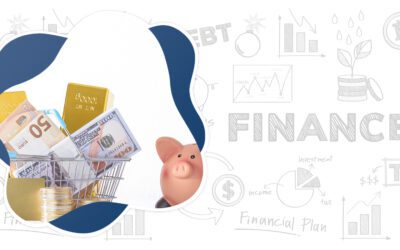Introduction
Around the world, people are struggling with money-related problems. A recent study found that over two-thirds of adults have difficulty managing their finances. This is partly due to a need for more financial literacy. Financial literacy is understanding financial products, risks, and opportunities. It also includes making informed judgments and decisions about money-related matters. Financial literacy is important because it allows people to be more financially secure and can help reduce the chances of falling into debt traps or other money-related problems.
What is financial literacy, and why is it important?
Most people think of financial literacy as reading and understanding financial statements, such as income statements, balance sheets, and cash flow statements. But financial literacy is about much more than that. It’s about having the ability to understand financial concepts and make informed and effective decisions with your money. This critical life skill can help you reach financial goals while providing sustainable living. Here are some reasons why you should care about financial literacy:
Financial literacy can help you save money. One of the main benefits of financial literacy is that it can help you save money. Financial literacy makes you more aware of spending habits and teaches you how to budget. Setting up a budget ensures you’re not overspending, which leads to borrowing. With a budget, you can better manage money and have excess cash available to save for unexpected emergencies.
Financial literacy can help avoid the risk of substantial debt. It can help develop good budgeting and saving habits, lowering the temptation of high-interest loans when money gets tight. Not understanding how credit works, you run the risk of accruing significant debt and falling victim to the dangers of predatory lenders. Such events can lead to a lower credit score.
Financial literacy can help you plan for retirement. In the past, businesses would oversee their employees’ retirement accounts. Today, self-directed retirement funds allow the person to take on more responsibility. Understanding the various retirement plans available gives more options for individuals to prepare for retirement.
Financial literacy can help you make intelligent investment decisions. When you’re financially literate, you can make smarter investment decisions because you can accurately assess your financial situation and understand various investments’ risks and potential rewards.
Financial literacy is critical for protection against fraud and identity theft. Increasing your financial literacy can help you be more proactive in protecting yourself from various crimes. For example, understanding how to spot red flags when evaluating economic opportunities can help avoid investing in fraudulent schemes. Poor money management can leave people destitute and desperate for cash, making them easier targets.
So why is financial literacy so critical? Simply put, it’s because money matters! And if you want to control your life, you need to understand money and how it works. There is a clear difference between financially literate people and those who are not. They are better positioned for unforeseen emergencies, better at saving,
Introduction
How can I get started?
No one is born knowing how to manage their finances. You learn it over time, through experience, and by educating yourself. Here are some steps to get started if you want to improve your financial literacy.
1. Start by learning the basics. Financial literacy includes understanding budgeting, saving money, investing, and the stock market. Take some time to learn about these things and ask questions if you need help understanding something.
2. Create a budget and stick to it. A budget is a tool that can help you manage your finances and stay on track with your goals. It’s important to create a budget that works for you and that you can stick to.
3. Save money regularly. One of the best ways to achieve financial stability is to save money regularly. It will add up over time, even if it’s just a tiny amount.
4. Don’t go into debt unnecessarily. While borrowing can be helpful in certain situations, avoiding excessive debt is important. Be mindful of the risks involved and only borrow what you can afford to repay.
5. Invest in yourself. Investing in yourself is one of the smartest things you can do financially. There are many ways to do this, such as taking courses or reading books about personal finance.
6. Stay informed about financial news and trends. Subscribe to financial newsletters, read financial websites, and watch financial news programs on TV. The more you know about what’s going on in the world of finance, the better equipped you’ll be to make informed decisions about your own money.
Conclusion
Financial literacy is a critical life skill that everyone should learn. It can help you make informed decisions about your money, improving your economic well-being. Not only that, but it empowers you to take control of your finances and build confidence in your abilities. If you need a firm grasp of basic financial concepts, now is the time to educate yourself! There are plenty of resources available online. Start learning today so that you can start reaping the benefits of financial literacy tomorrow.
FAQ
1: So, what is financial literacy, anyway?
Answer: Financial literacy is the ability to understand money and finance concepts and use that knowledge to make informed decisions about personal finances. Financial literacy includes understanding budgeting, saving, investing, debt management, risk diversification, and insurance. It also includes being aware of the potential consequences of financial decisions, both positive and negative. Financially literate people are more likely to be successful in managing their finances. They are better able to save for retirement, invest in property or stocks, avoid high-interest debt, and protect themselves from financial scams.
2: Why is it important?
Being financially literate is important because making sound decisions is critical to achieving financial security. Financial literacy helps people avoid costly mistakes and make the most of their money. It also allows them to take advantage of opportunities to save and invest for the future.
3: Can’t I just rely on my parents/partner/friend who’s good with money?
No. Money is one of those things that, if you’re not actively managing it, will work itself – and usually not in a way that’s favorable to you. To have control over your financial future, you need to be proactive about your money. That means understanding how it works, where it comes from, and how to make it grow. It also means being honest about your spending habits and planning to live within your means. It’s essential to make sound financial decisions on your own, especially if something happens to your parents or partner.
4: I’m in my 20s/30s/40s. It’s too late for me to learn about this stuff, right?
Wrong! It’s never too late to learn and improve your financial health. Even in your 60s or 70s, you can still make significant changes to your financial status. But with a little effort and education, you can improve your financial health no matter your life stage. The important thing is to start slowly and make gradual changes rather than trying to overhaul your entire lifestyle all at once. And remember, it’s always best to consult a financial planner.
5: Where do I even start?
There are a lot of different ways to learn financial literacy. You can start by reading books, watching documentaries, or taking online courses. You can find creative courses on www.instructionalgraphics.org. Two courses are offered: Financial BootCamp for teens and Teach Me Like a Tot for individuals wanting to learn how to invest. You can also talk to financial advisors or take classes at your local community college.
6: I’m not very good at math. Will this be too difficult for me?
Answer: No. You don’t need to be good at math to be financially literate. Most of the concepts you’ll learn in financial literacy can be understood without doing any math at all. Financial literacy is about managing your money and making wise financial decisions. And there are many things you can do to improve your financial literacy without doing any math. For example, you can read books about personal finance, take classes, watch videos, or talk to someone knowledgeable about personal finance.
7. I don’t have much extra money. How can I get started?
There are many ways to get started on a budget. One way is to cook at home more and eat out less. You can also save money on groceries by shopping at discount stores or by taking advantage of store loyalty programs. Another option may be to reduce your monthly expenses by canceling subscriptions or cutting back on services you don’t need.
8. I’m already in debt. Is there any hope for me? Yes, there is hope for you! You can get out of debt by doing a few simple things:
1. Create a budget and stick to it.
2. Cut back on your spending.
3. Make more money by getting a part-time job, overtime, etc.
4. Get help from a credit counseling agency.
5. File for bankruptcy if you can’t pay your debts.
6. Start saving money to pay off your debts over time






0 Comments